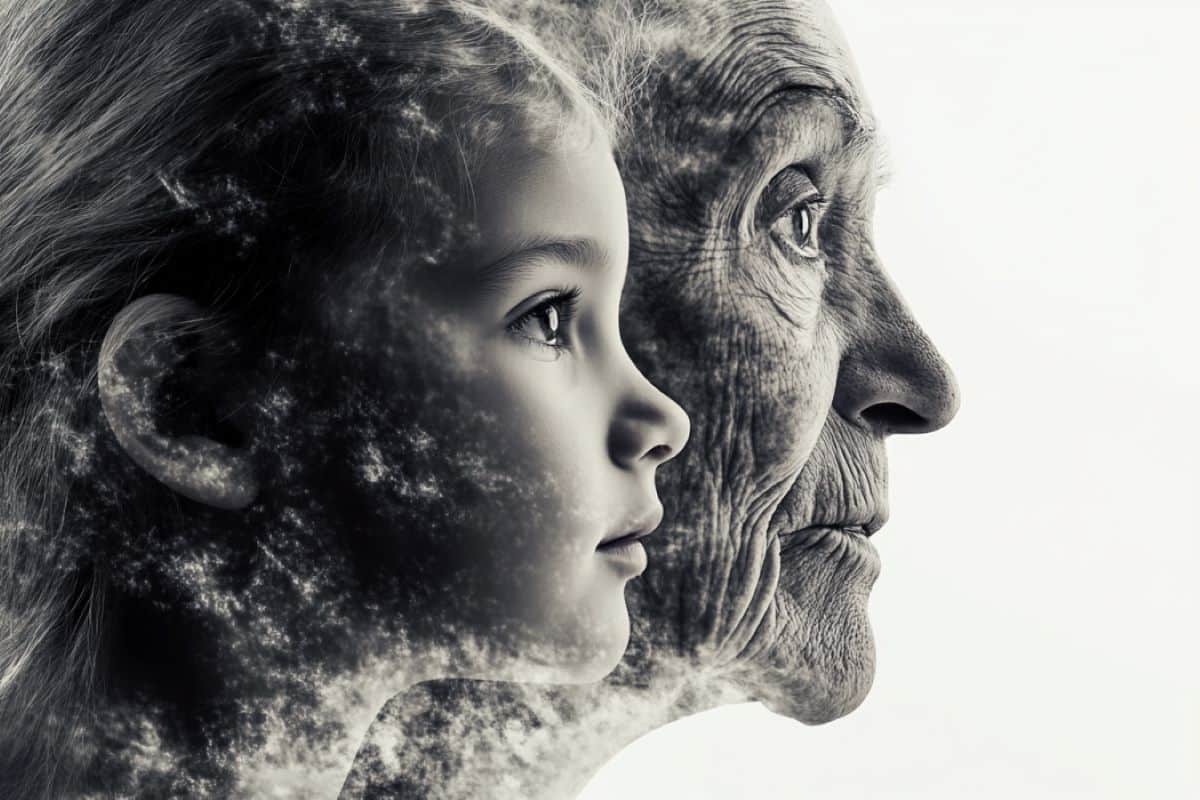Summary: New research reveals that people who experience adverse childhood experiences (ACEs) have a higher likelihood of committing abuse against older adults. The study surveyed over 13,000 individuals and found that 8.5% of those with ACEs admitted to physical or verbal abuse of seniors.
Mental health and personal well-being were significant contributors, as ACEs often lead to poor physical and mental health. The findings highlight the importance of understanding the cycle of violence and developing support systems to break this intergenerational pattern.
Key Facts:
- 8.5% of participants with ACEs self-reported elder abuse.
- People with two or more ACEs are nearly eight times more likely to commit abuse.
- Mental health is a major contributing factor in the cycle of intergenerational violence.
Source: University of Tokyo
New research shows the connection between adverse childhood experiences (ACEs), such as physical or emotional abuse, and an increased risk of people growing up to be abusive against older generations.
While generational trauma is known to be passed down from parent to child, the study showed that it can also reverberate upwards from parent to older generations.
A survey of over 13,000 people in Japan found that about half had one or more ACEs. Of these, 8.5% self-reported committing some form of physical or verbal abuse against people aged over 65.

An important contributing factor was the person’s mental and physical health, both of which are known to be affected by ACEs.
By better understanding the causes of intergenerational violence, researchers hope to develop guidelines and support to help people break the chain.
You may have heard the old saying “spare the rod, spoil the child.” However, much to the contrary, studies have shown that subjecting children to physical punishment or abuse, emotional abuse, neglect or household dysfunction has long-lasting negative effects on their physical and mental health.
Referred to as adverse childhood experiences, this abuse can lead to a self-perpetuating cycle. Later, the children of parents subjected to ACEs are more likely to experience some form of abuse or neglect too.
While ACEs are known to increase the risk of generational violence being passed down, a new study by a team including researchers from the University of Tokyo has shown that this behavior can also travel upwards.
“Our study confirmed that people who had adverse childhood experiences (when aged zero to18), had a higher risk of committing violence and verbal abuse against adults aged 65 and older.
“The study also showed that psychological factors were the most important contributor,” explained lead author Chie Koga, project assistant professor from the Research Center for Advanced Science and Technology at the University of Tokyo.
The research team studied 13,318 survey responses by women and men (almost evenly split) aged 20 to 64 in Japan. They found that those who reported a higher number of ACEs were more likely to commit physical or verbal abuse against older adults.
The ACEs included were: interpersonal loss (parental loss or divorce), family psychopathy (parental mental disease and violence in family), abuse (physical and psychological) and neglect.
Results showed that 8.5% of participants self-reported committing some form of abuse against older adults. Almost half of the respondents had no ACEs, about 36% had one and about 14% had two or more.
The risk of perpetuating elder abuse was over three times higher for people with one ACE and almost eight times higher for people with two or more ACEs, compared to those without.
“My hypothesis is that some forms of violence are due mainly to socioenvironmental factors. I believe that violence is the last resort that an individual takes to protect their dignity,” said Koga.
“However, especially in Japanese society, the idea that violence is soley the fault of the person who commits it and that they alone are responsible for their own actions is rampant. One reason for this is the enormous lack of research, so this study is one way to advance research in violence epidemiology.”
Other factors which most notably contribute to whether a person with ACEs committed elder abuse included depression, other mental illnesses and how respondents rated their health. Lesser but still relevant factors were living arrangements, marital status, income and whether the person went out at least once a month.
“The results of these studies indicate that the cycle of violence can extend to all vulnerable groups. At the same time, one of the social and environmental risk factors for elder abuse has been newly identified, and the importance of preventing violence has been reemphasized,” said Koga.
“However, it’s important to note that not all people with ACEs are repeat offenders of violence. Therefore, we would like to examine the mitigating factors in the future.”
Funding:
This study was supported by the Japan Society for the Promotion of Science (JSPS) KAKENHI Grant Numbers (21H04856; 20K10467; 20K19633; 20K13721, 24K16531), the JST Grant Number JPMJPF2017, the Health Labor Sciences Research Grant 21HA2016, the grant for 2021–2022 Strategic Research Promotion of Yokohama City University) (No. SK202116) and the research program on “Using Health Metrics to Monitor and Evaluate the Impact of Health Policies,” conducted at the Tokyo Foundation for Policy Research. Dr. Koga had access to all data from the study and is responsible for the completeness of the data and the accuracy of the data analysis.
About this trauma and abuse research news
Author: Nicola Burghall
Source: University of Tokyo
Contact: Nicola Burghall – University of Tokyo
Image: The image is credited to Neuroscience News
Original Research: Open access.
“Intergenerational Chain of Violence, Adverse Childhood Experiences, and Elder Abuse Perpetration” by Chie Koga et al. JAMA Network Open
Abstract
Intergenerational Chain of Violence, Adverse Childhood Experiences, and Elder Abuse Perpetration
Importance
It is widely known that individuals with adverse childhood experiences (ACEs) have an increased risk of abusing their own children, thereby perpetuating the cycle of violence. However, the association between ACEs and elder abuse perpetration has not been fully examined.
Objective
To examine the association between ACEs and elder abuse and the mediating factors.
Design, Setting, and Participants
This cross-sectional study used data collected via the self-administered Japan COVID-19 and Society Internet Survey from September 12 to October 19, 2022. Men and women aged 20 to 64 years who responded to related questions were included. Data were analyzed from July 2023 to April 2024.
Exposures
ACEs, defined as the experience of any of 7 items—interpersonal loss (parental loss and parental divorce), family psychopathology (parental mental disease and violence in family), abuse (physical and psychological abuse), and neglect—before the age of 18 years.
Main Outcomes and Measures
The primary outcome was the perpetration of physical and/or psychological abuse against an older person (aged ≥65 years) self-reported via questionnaire. The direct and indirect effect estimates were determined using logistic regression analyses.
Results
Of a total of 13 318 participants (mean [SD] age, 41.1 [12.1] years; 6634 female [49.8%]), 1133 (8.5%) reported perpetrating violence against older adults. Compared with individuals without ACEs, the odds ratios (ORs) for perpetrating violence were 3.22 (95% CI, 2.74-3.79) for those with 1 ACE and 7.65 (95% CI, 6.41-9.13) for those with 2 or more ACEs.
In the mediation analysis, factors with large indirect effect estimates included depression (OR, 1.13; 95% CI, 1.11-1.14; proportion mediated [PM], 18.6%), mental illness other than depression (OR, 1.12; 95% CI, 1.10-1.14; PM, 17.3%), and self-rated health (OR, 1.04; 95% CI, 1.03-1.05; PM, 6.0%).
Conclusions and Relevance
These findings suggest that intergenerational cycles of violence may extend to any vulnerable group, not only children but also older adults. Further research into the prevention of ACEs and breaking these cycles of violence is warranted.






